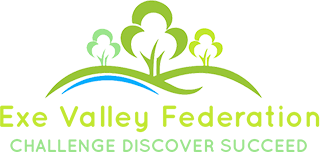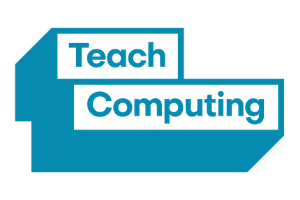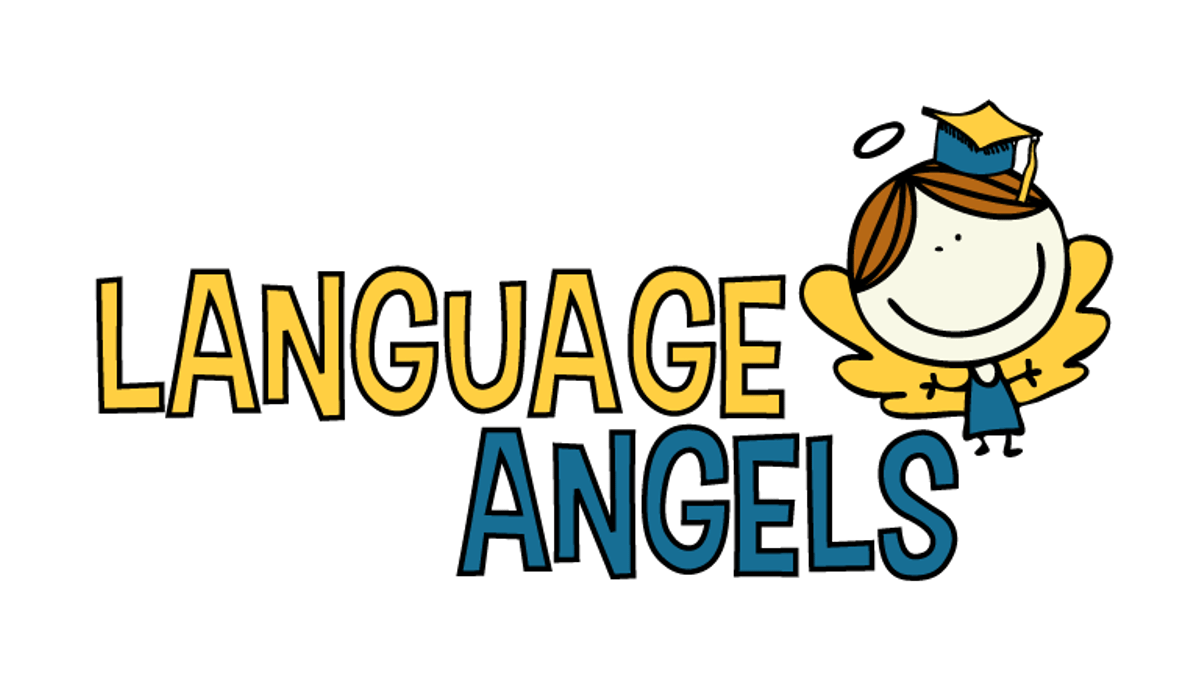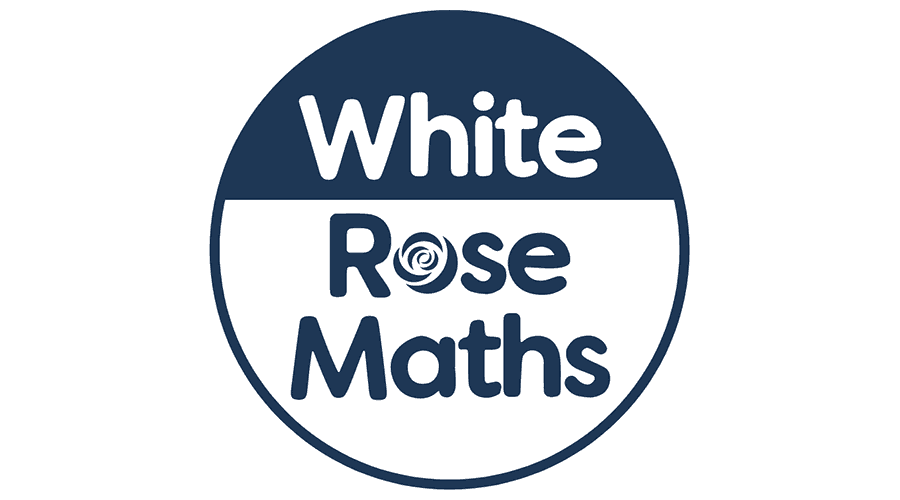Curriculum Overviews
Under each subject you will find a curriculum statement, which explains our vision for the subject, information on the implementation, and how the impact is measured.
Subject overviews outline the key content of each unit, from EYFS through to Y6, and are supported by progression documents, which show how skills and knowledge develop across the year groups.
Otter EYFS Overview Creedy (KS1) Rolling Programme Tavy and Dart (KS2) Rolling Programme
Art & Design
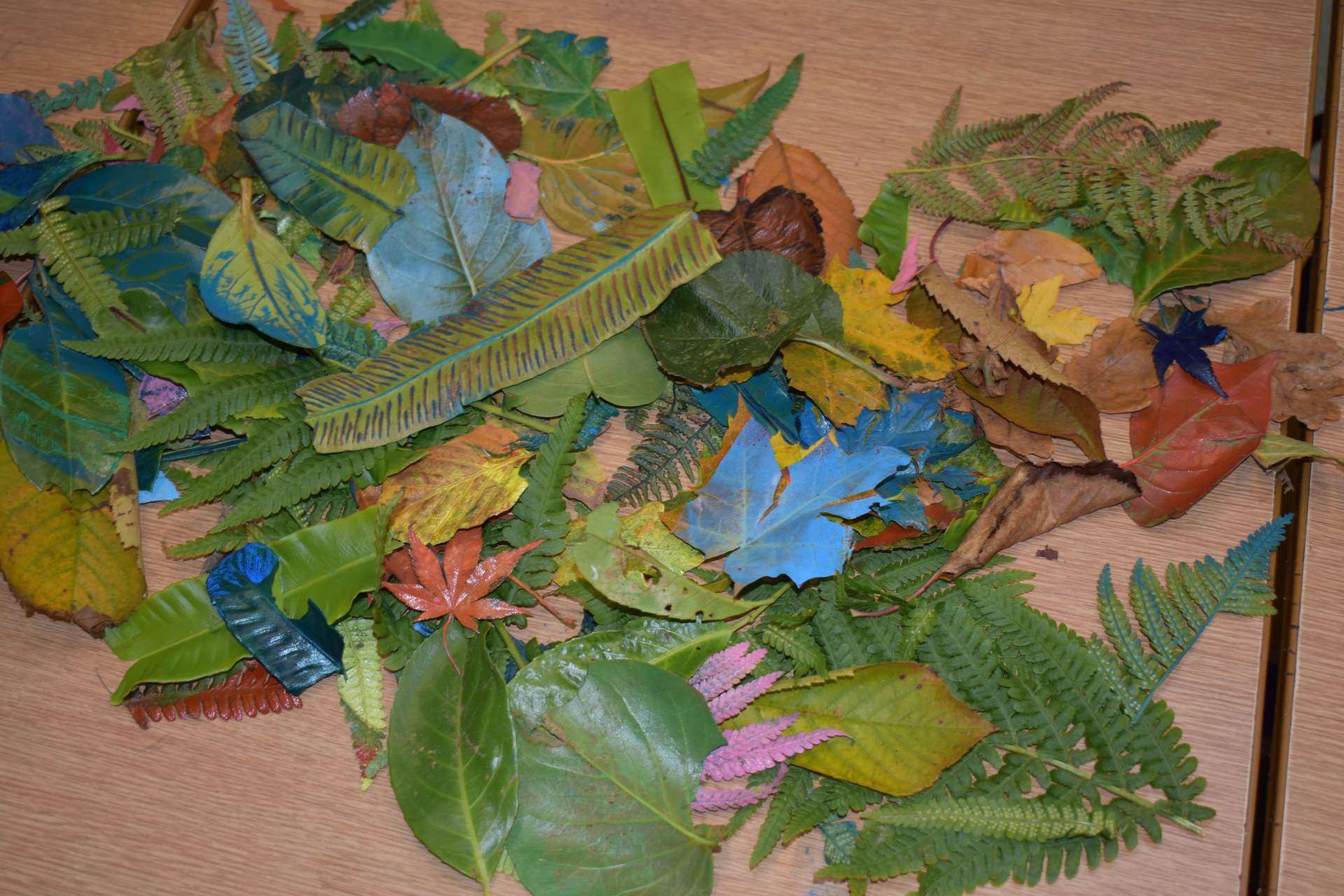
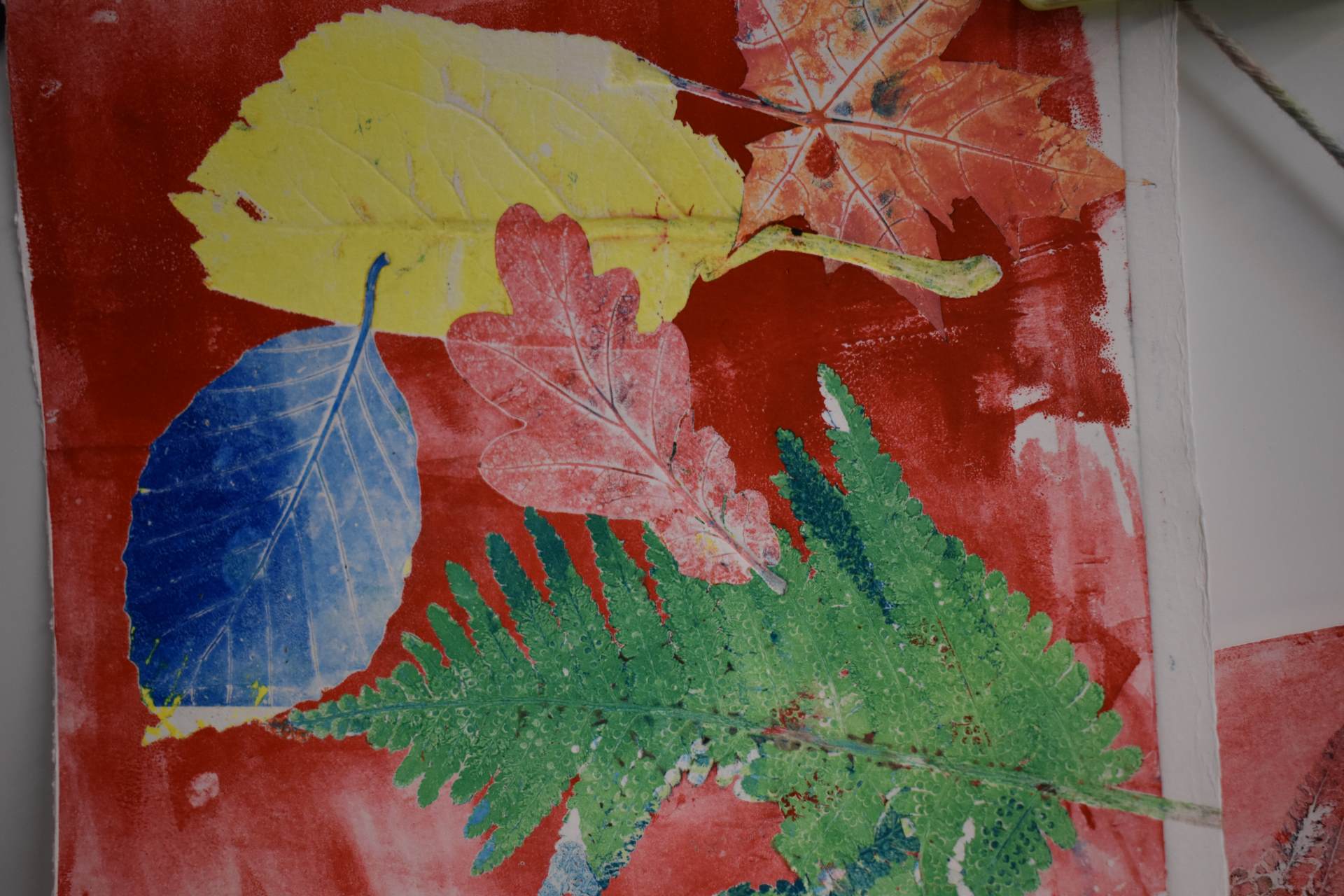
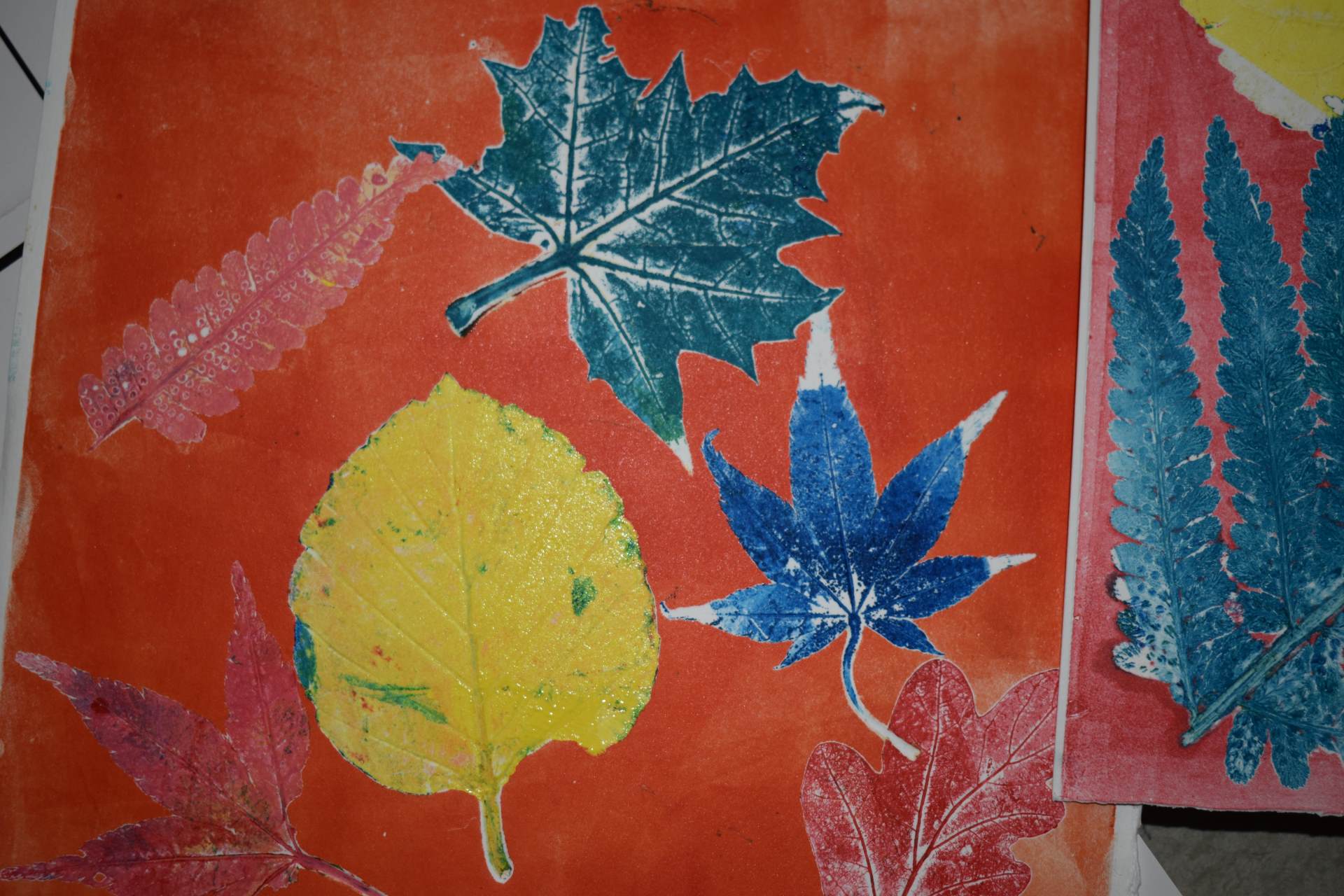
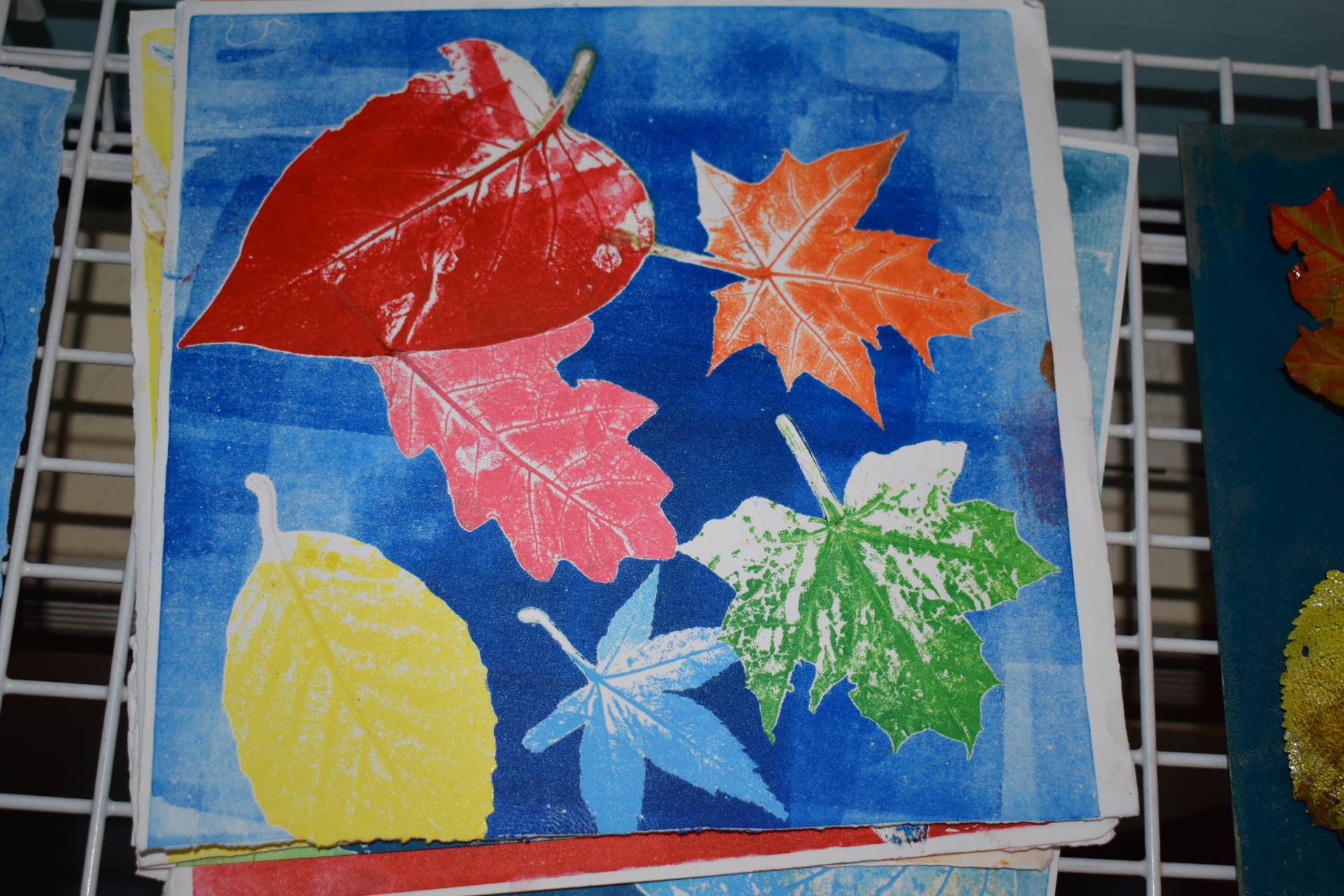
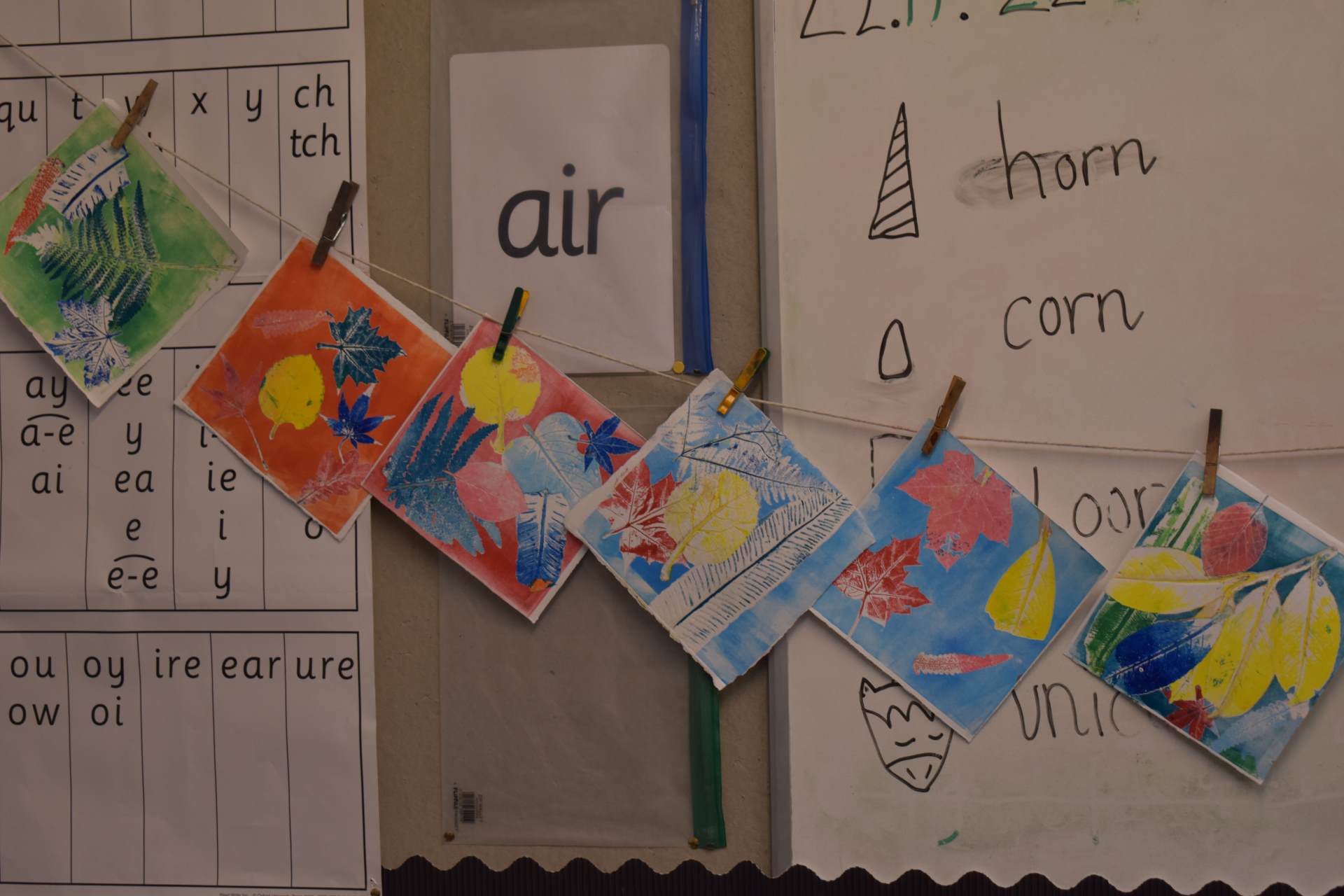
“Every child is an artist. The problem is how to remain an artist once they grow up.” Pablo Picasso
The vision for our Art and Design curriculum is to encourage and enable our children to develop their creativity and skills by exploring a range of media and materials. As they progress through the school, children learn the skills of drawing, painting, collage, sculpture, textiles, printmaking, photography and graphic design and are given the opportunities to explore and evaluate their ideas. Children will be introduced to a range of different artists and will have opportunities to broaden their knowledge and understanding about the differences and similarities of these artists and make links to their own work.
Art & Design Curriculum Statement
Computing
"What a computer is to me is the most remarkable tool that we have ever come up with. It’s the equivalent of a bicycle for our minds.” Steve Jobs
Technology is everywhere and will play a pivotal part in children’s lives. Therefore, we want to model and educate our children on how to use technology positively, responsibly and safely. We want our children to be creators, not consumers, and our broad curriculum encompassing computer science, information technology and digital literacy reflects this. We want our children to understand that there is always a choice with using technology and as a school we utilise technology (especially social media) to model positive use. We recognise that the best prevention for a lot of issues we currently see with technology/social media is through education. Building our knowledge in this subject will allow children to effectively demonstrate their learning through creative use of technology. We recognise that technology can allow children to share their learning in creative ways. We also understand the accessibility opportunities technology can provide for our children. Our knowledge-engaged curriculum has to be balanced with the opportunity for children to apply their knowledge creatively which will in turn help our children become skilful computer scientists. We encourage staff to try and embed computing across the whole curriculum to make learning creative and accessible. We want our children to be fluent with a range of tools to best express their understanding so that children have the independence and confidence to choose the best tool to fulfil the task, effectively preparing children for life in the twenty-first century.
Computing Curriculum StatementComputing Progression
Computing Cover Pages
Creedy - Moving a Robot Creedy - Robot Algorithms Creedy - Grouping Data Creedy - Pictograms
Creedy - IT Around Us Creedy - Technology Around Us
Tavy - Repetition in Shapes Tavy - Sequencing Sounds Tavy - Branching Databases Tavy - Datalogging
Tavy - Connecting Computers Tavy - The Internet
Dart - Selection in Physical Computing Dart - Variables in Games Dart - Flat-file Databases Dart - Introduction to Spreadsheets
Dart - Communication and Collaboration Dart - Systems and Searching
Design & Technology
“Enjoy failure and learn from it. You can never learn from success.” James Dyson
Within the Exe Valley Federation, we believe that Design Technology (DT) encourages inquisition and imagination, and promotes an engagement of children who may not ordinarily enjoy practical, hands-on activities. Design Technology teaches children to be aware of the world around them, and to make rational, economic and ecological based decisions, and to understand how their decisions affect people and the environment.
In lessons, pupils explore different questions that life presents them, and develop skills and attitudes to tackle, investigate and find answers to these questions. Pupils will also work as part of a team to solve problems, and take part in class and group discussion, working through different roles, and taking on board constructive criticism. Children look at different situations around the world and consider ways in which Design and Technology could provide positive contributions and improve the quality of life.
Design & Technology Curriculum StatementDesign & Technology Progression
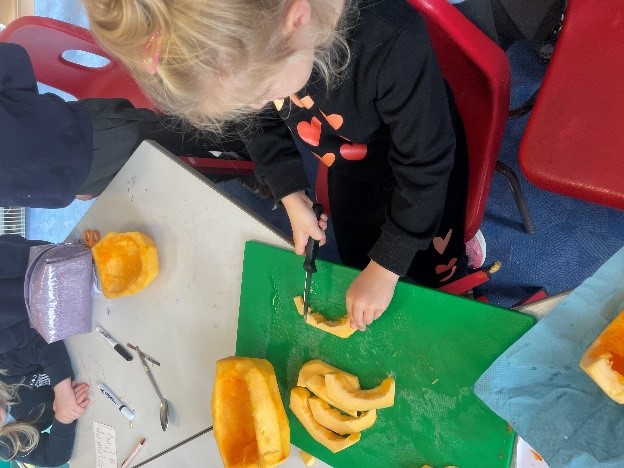
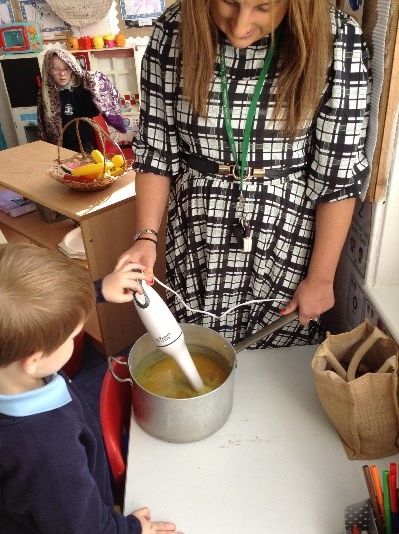
Design and Technology Cover Pages
Creedy - Fabric Bunting Creedy - Making a Moving Monster
Tavy - Edible Garden Tavy - Torches
Tavy - Cross Stitch and Applique
Dart - Waistcoats Dart - Great British Dishes Dart - Come Dine With Me
English and Phonics
“THE ENGLISH LANGUAGE IS A WORK IN PROGRESS, HAVE FUN WITH IT.” JONATHAN CULVER
The Exe Valley Federation believes that English is at the heart of all children’s learning. Reading, writing, speaking and listening enable children to communicate purposely and creatively. English is central to children’s emotional, social and intellectual development and is crucial in underpinning life skills and all aspects of the curriculum. We believe that reading is a life skill that every child should be entitled to. We want to inspire children through books, promoting a love of reading and empowering our children to become lifelong readers. We believe that teaching a high quality English curriculum will enable our children to communicate effectively throughout their lives, accessing information and sustaining personal and professional lives with fulfilment.
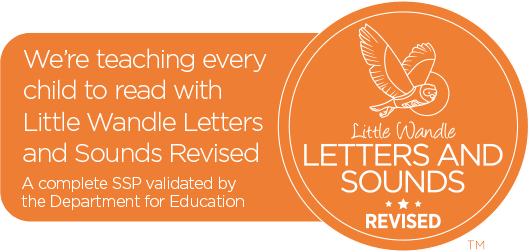
Phonics Overview: ReceptionPhonics Overview: Year 1
How can parents help at home?
//player.vimeo.com/video/743027301?title=0&byline=0&loop=1#t=0.5
Phase 2 Sounds (Autumn 1) Phase 2 Sounds (Autumn 2)
//www.youtube.com/embed/-ZtjFIvA_fs#t=0.5
//www.youtube.com/embed/qDu3JAjf-U0#t=0.5
//www.youtube.com/embed/DvOuc7cWXxc#t=0.5
//player.vimeo.com/video/742982775?title=0&byline=0&loop=1#t=0.5
More information and guidance can be found at https://www.littlewandlelettersandsounds.org.uk/resources/for-parents/
Geography
‘The study of Geography is about more than memorising places on a map. It’s about understanding the complexity of our world, appreciating the diversity of cultures that exist across continents. And in the end, it’s about using all that knowledge to help bridge divides and bring people together.’ Barack Obama
We aim to inspire a curiosity and fascination about the world and its people that will remain with our children for the rest of their lives, both in their immediate surroundings and wider afield. Our purpose is to instil a desire to investigate a variety of human and physical characteristics of different places, both local and afar, through purposeful research and careful questioning. To be well-rounded citizens, we believe children need to understand the differences between places and their cultures and be able to recognise how these change over time. Children will acquire the disciplinary geographical skills to help them understand, present, analyse and communicate a range of information either collaboratively or as an individual. We want children to recognize their distinct rural location and the diversity of their country and the wider world. Studying Geography will help them to make sense of the world around them and pique their curiosity in places and people – engaging them with the real world and spurring them into action.
Geography Curriculum Statement
Geography ProgressionGeography Overview
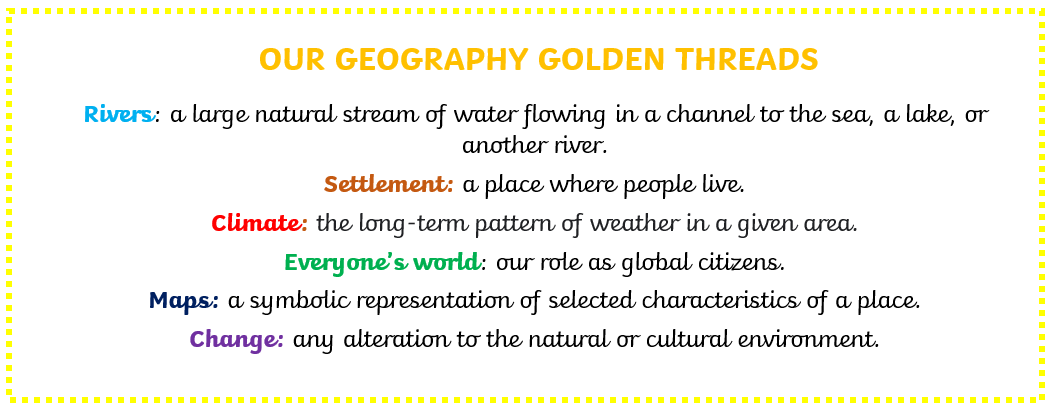
Our Humanities curriculum is woven together with golden threads that provide a framework for learning and help to deepen children's understanding of what is being taught. These golden threads are key concepts or issues that are integral to developing children's knowledge in History and Geography. As they move through the school, children encounter these golden threads many times, in a variety of contexts and situations, building on prior learning and broadening their understanding. By the time they move on to their next stage of learning at the end of Year 6, they will have a deep and secure understanding of the golden threads, inspiring a curiosity and fascination about the world and its people that will remain with them for the rest of their lives.
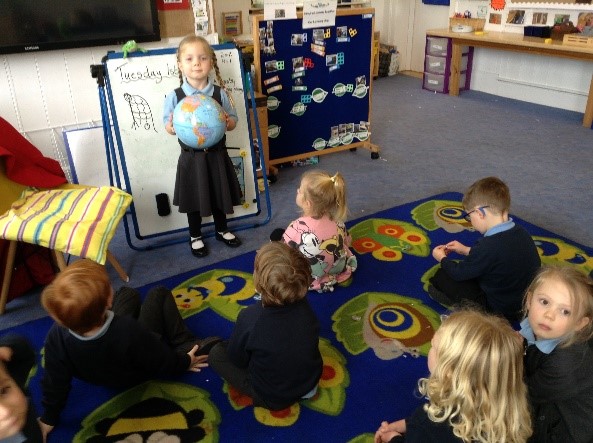
Geography Cover Pages
Creedy - Let's Explore London Creedy - Where do I Live? Creedy - Sensational Safari Creedy - Wonderful Weather
Tavy - European Neighbours Tavy - Under the Canopy Tavy - The United Kingdom Tavy - Coasts
Dart - Scandinavia Dart - Human Impact on Rainforest Dart - Brilliant Britain Dart - Our Changing World
History
“A people without the knowledge of their past history, origin and culture is like a tree without roots.” – Marcus Garvey
Our history curriculum aims to inspire our pupils’ curiosity to know more about the past and how it has shaped the present – and will shape the future. History helps pupils to understand the process of change, the diversity of societies as well as their own identity and the challenges of their time. We hope that their knowledge and historical skills will help them make more informed life choices and aspire to be open-minded citizens, making a valuable contribution to society: asking perceptive questions, thinking critically, weighing evidence and developing perspective. Our local area in the Exe Valley has a rich and diverse history and we believe this should drive our curriculum, along with familial stories so that children develop their understanding of the community in which they are rooted and the diversity of their own country, the UK and the wider world.
History ProgressionHistory Overview
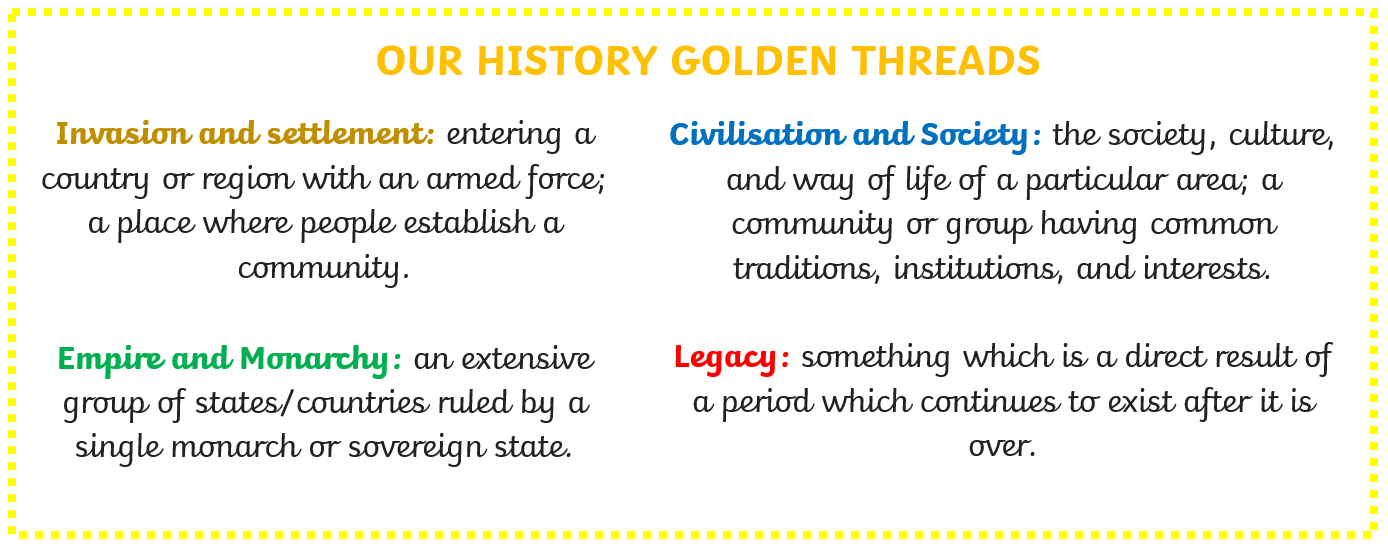
Our Humanities curriculum is woven together with golden threads that provide a framework for learning and help to deepen children's understanding of what is being taught. These golden threads are key concepts or issues that are integral to developing children's knowledge in History and Geography. As they move through the school, children encounter these golden threads many times, in a variety of contexts and situations, building on prior learning and broadening their understanding. By the time they move on to their next stage of learning at the end of Year 6, they will have a deep and secure understanding of the golden threads, inspiring a curiosity and fascination about the world and its people that will remain with them for the rest of their lives.
History Cover Pages
Creedy - Childhood Then and Now Creedy - Florence Nightingale Creedy - The First World War Creedy - Significant British Monarchs
Tavy - Henry VIII Tavy - Sport Through the Ages Tavy - The Mayans Tavy - Stone Age to Iron Age
Dart - Elizabethan England Dart - Life in the 20th Century Dart - The Benin Kingdom Dart - Stone Age to Iron Age
Languages

"A liberation from insularity, providing an opening to other cultures.”
Our vision for Languages is that the learning of a language helps to equip pupils with the knowledge and cultural capital they need to succeed in life. It encourages children to appreciate and celebrate difference and provides the foundation for learning further languages. It should enable pupils to study and work in other countries.
MFL Curriculum Statement MFL Progression
Mathematics
“Mathematics reveals its secret only to those who approach it with love, for its own beauty.” Archimedes
Our vision for maths is based on a ‘mastery’ approach to teaching and learning in mathematics and it is our aim that all pupils:
- Become fluent in the fundamentals of mathematics so that they develop conceptual understanding and the ability to recall and apply knowledge rapidly and accurately.
- Can solve problems by applying their mathematics to a variety of problems with increasing sophistication, including in unfamiliar contexts and to model real-life scenarios.
- Can reason mathematically by following a line of enquiry and develop and present a justification, argument or proof using mathematical language.
Mathematics Curriculum Statement Mathematics Progression
Please note that due to mixed age classes and planning, objectives might not be covered in the terms stated in the progression document)
Addition and Subtraction Calculation Policy Multiplication and Division Calculation Policy
Music
“There is music in every child. The teacher's job is to find it and nurture it.” - Frances Clark
The vision for our Music curriculum is for it to be an engaging, enjoyable learning experience which inspires creativity and self-expression. We aim to foster a love of music in our pupils by exposing them to diverse musical experiences and igniting a passion for music. Listening and responding to different musical styles and finding their voices as singers, performers and composers enables our pupils to become confident, reflective musicians.
Music Curriculum Statement Music Progression
Music Cover Pages
Creedy - Musical Me Creedy - Musical Vocabulary - Under the Sea Creedy - Dynamics, Timbre, Tempo and Motifs Creedy - Timbre and Rhythmic Patterns: Fairytales
Creedy - Call and Response: Animals Creedy - Pulse and Rhythm
Tavy - Changes in Pitch, Tempo and Dynamics Tavy - Developing Singing Technique: The Vikings Tavy - Jazz Tavy - Samba and Carnival Sounds and Instruments
Tavy - Ballads Tavy - Body and Tuned Percussion: Rainforests
Dart - Songs of World War Two Dart - Looping and Remixing Dart - Theme and Variations: Pop Art Dart - Composition: Notation
Dart - Composition Notation: Ancient Egypt
Physical Education
“I have always believed that exercise is the key not only to physical health but to peace of mind.” Nelson Mandela
Our vision for PE is for all children to experience excellent physical education, school sport and physical activity that will lead to life-long participation. Our aim is to provide a high quality, inclusive physical education curriculum which inspires all pupils to succeed and excel. We focus on developing pupils’ physical literacy required to tackle a range of activities and encourage life-long participation in fitness. We target opportunities for pupils to become physically confident in a way which supports their health and fitness as well as embed values and respect.
Physical Education Curriculum Statement PE Progression
LMLC Sports Initiative
Alongside our in-school PE we are really proud of our Wednesday Sports Initiative, which sees all of the children from across the school visiting Lords Meadow Sports Centre in Crediton every Wednesday afternoon for an entire term. The afternoon consists of a swimming lesson, led by specialist swim teachers, a gymnastics session, led by school staff and external specialists, and an outdoor sports session (usually comprising of tennis, basketball and hockey) This initiative not only allows the children to have access to high quality swimming teaching, but also allows us to take advantage of the fantastic facilities on offer at Lords Meadow and the expertise of specialist sports teachers.
Crediton Learning Community Sports Partnership
At Sandford, we are keen to work alongside our local secondary school Queen Elizabeth's. They offer a sports partnership where they host sporting events for children across the learning community. This includes; Tag Rugby, Orienteering, Climbing, Rounders, Cricket and Athletics. We are able to utilise the facilities at QE and for the upper KS2 children it is a great transition opportunity. Lots of the sessions run by qualified staff are supported by children in the upper secondary years who previously attended Sandford.
Extra-Curricular Sports Clubs
At Sandford, we offer a range of extra-curricular sports clubs throughout the year.
An up to date list of the clubs on offer at school presently can be found in the Clubs and Wrap Around Care section of this website.
Competitive Sports
As well as our curricular and extra-curricular PE and school sports, we also endeavour to offer as many pupils as possible the opportunity to represent the school at sporting competitions and festivals. As a group, the Exe Valley Federation of schools regularly organise sporting fixtures and tournaments throughout the school year. We also take part in the Crediton Cluster sports tournaments.
Exmoor Challenge
As part of our Outdoor and Adventurous Activities learning, we offer our Year 6 children the chance to take part in the Exmoor Challenge each year. For the Exmoor Challenge, children work in teams of 4, and they have to follow a 16 mile route which is not marked - so following instructions, map-reading, and compass skills are essential. There are a series of check-points along the route and each leg has to be done in a pre-determined time - points are deducted if teams arrive too early or too late. We organise a range of practise walks in advance of the challenge and all Year 6 children take part in these whether they go on to take part in the full challenge or not.
PSHE
“PSHE education gives pupils the knowledge, skills, and attributes they need to keep themselves healthy and safe and to prepare them for life and work in modern Britain." - PSHE Association
Our vision for PSHE (which incorporates the National Curriculum non-statutory guidance for Citizenship) is to allow our children to become responsible and informed global citizens. We want our children to develop as great communicators, who are confident to share their views and opinions. We aspire to ensure PSHE is at the core of everything we do. By doing so it allows our children to blossom into confident, independent, reflective and responsible members of the ever changing society around them.
PSHE Curriculum Statement PSHE Progression
Religious Education
“Every time you break down that narrative of otherness, the narrative of togetherness grows.” Brendan Cox
Our vision for Religious Education is to inspire a curiosity about people through exploring world views held so that pupils can gain authentic knowledge, understanding and the skills needed to handle questions raised by religion and belief, reflecting on their own ideas and ways of living. R.E. has an important place in the curriculum: it provides a safe space for young people to develop their understanding of people, cultures, religious and non-religious world views. Children will gain a coherent understanding, thus preparing them for their journey through education and life in twenty-first century Britain. R.E. will contribute to children’s personal and academic development. As well as gaining knowledge and understanding of religions and beliefs, the children will develop their own understanding of the world and how to live, in the light of their learning. R.E. will make a significant contribution to children’s spiritual, moral, social and cultural development as well as providing opportunities to explore British values.
Religious Education Curriculum Statement Religious Education Progression
RE Cover Pages
Creedy - What does is mean to belong to a faith community?
Creedy - Who do Christians say made the world? Tavy - How do festivals and family life show what matters to Jewish people?
Tavy - What is it like for someone to follow God? Dart - What does it mean to be a Muslim in Britain today?
Dart - Why do Christians believe Jesus was the Messiah?
We are joined regularly in Collective Worship by 'Sandford Storytellers', which is an opportunity to hear key Bible stories told by a team of Christians from local churches.
Science
“Somewhere, something incredible is waiting to be known.” Carl Sagan, astronomer
Our vision for Science is to enable children to confidently explore and discover the world around them, so that they have a deeper understanding of the world we live in. We realise that young children are naturally curious and passionate about learning; we provide a stimulating science curriculum that nurtures children’s natural curiosity and their on-going intellectual development. Through a hands-on, inquiry-based curriculum, children will experience the joy of having wonderful ideas, exploration and investigation – that is, the joy of finding out. Our aim is that these stimulating and challenging experiences help children secure and extend their scientific knowledge and vocabulary. We believe that these opportunities will ensure that our children are confident, life-long learners who will explore the world around them.
Science Curriculum Statement Science Progression Science Overview
Science Cover Pages
Creedy - Animals Including Humans 1 Creedy - Animals Including Humans 2 Creedy - Living Things and Their Habitats Creedy - Plants 1 Creedy - Plants 2 Creedy - Scientists and Inventors 1 Creedy - Everyday Materials 1 Creedy - Seasonal Changes (Autumn/Winter)
Tavy - Forces and Magnets Tavy - Plants Tavy - Rocks Tavy - States of Matter Tavy - Living Things and Their Habitats Year 4
Tavy - Electricity Tavy - Sound Dart - Animals Including Humans Year 6 Dart - Electricity Dart - Forces Dart - Evolution and Inheritance Dart - Living Things and Their Habitats Dart - Earth and Space
